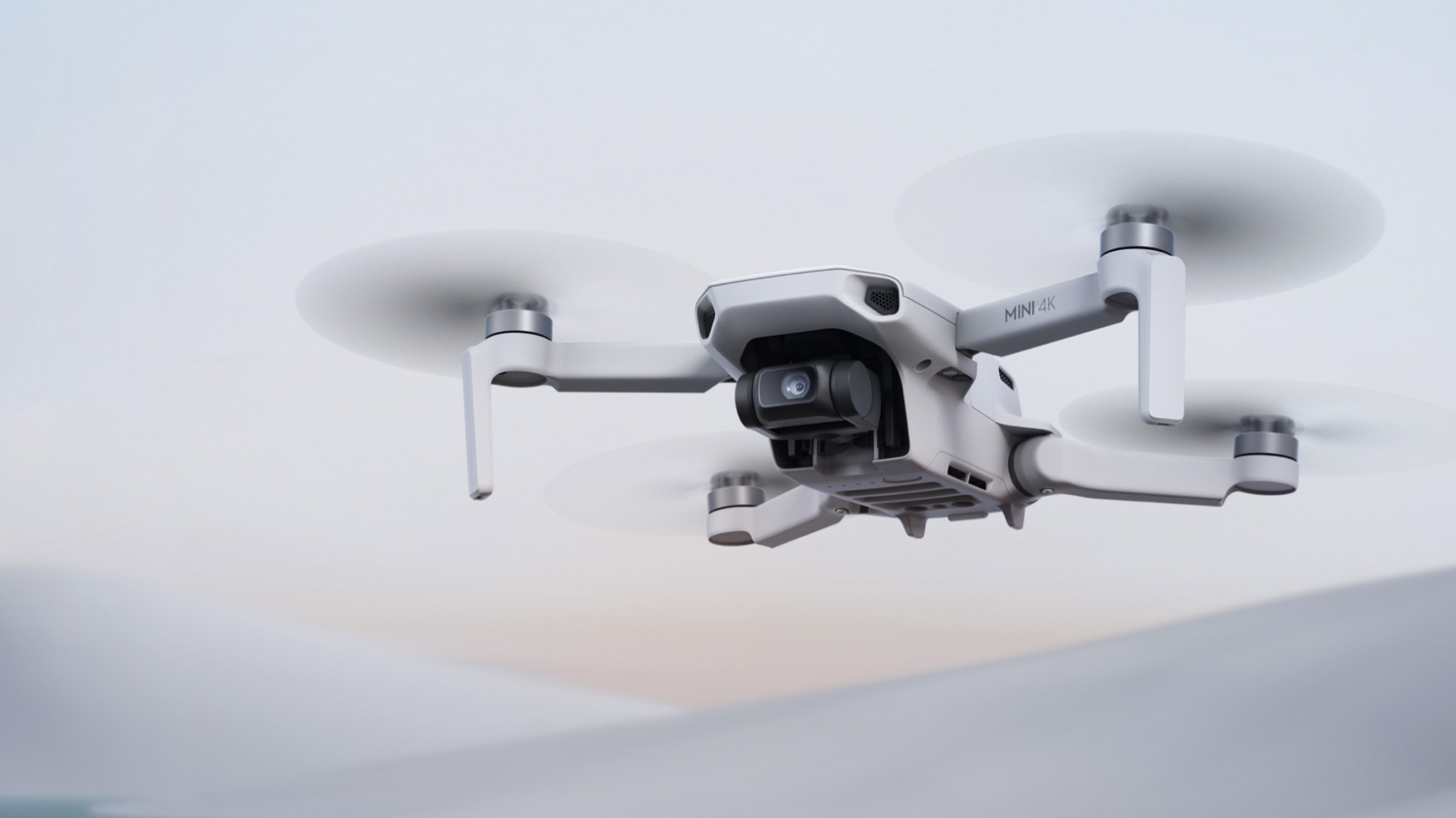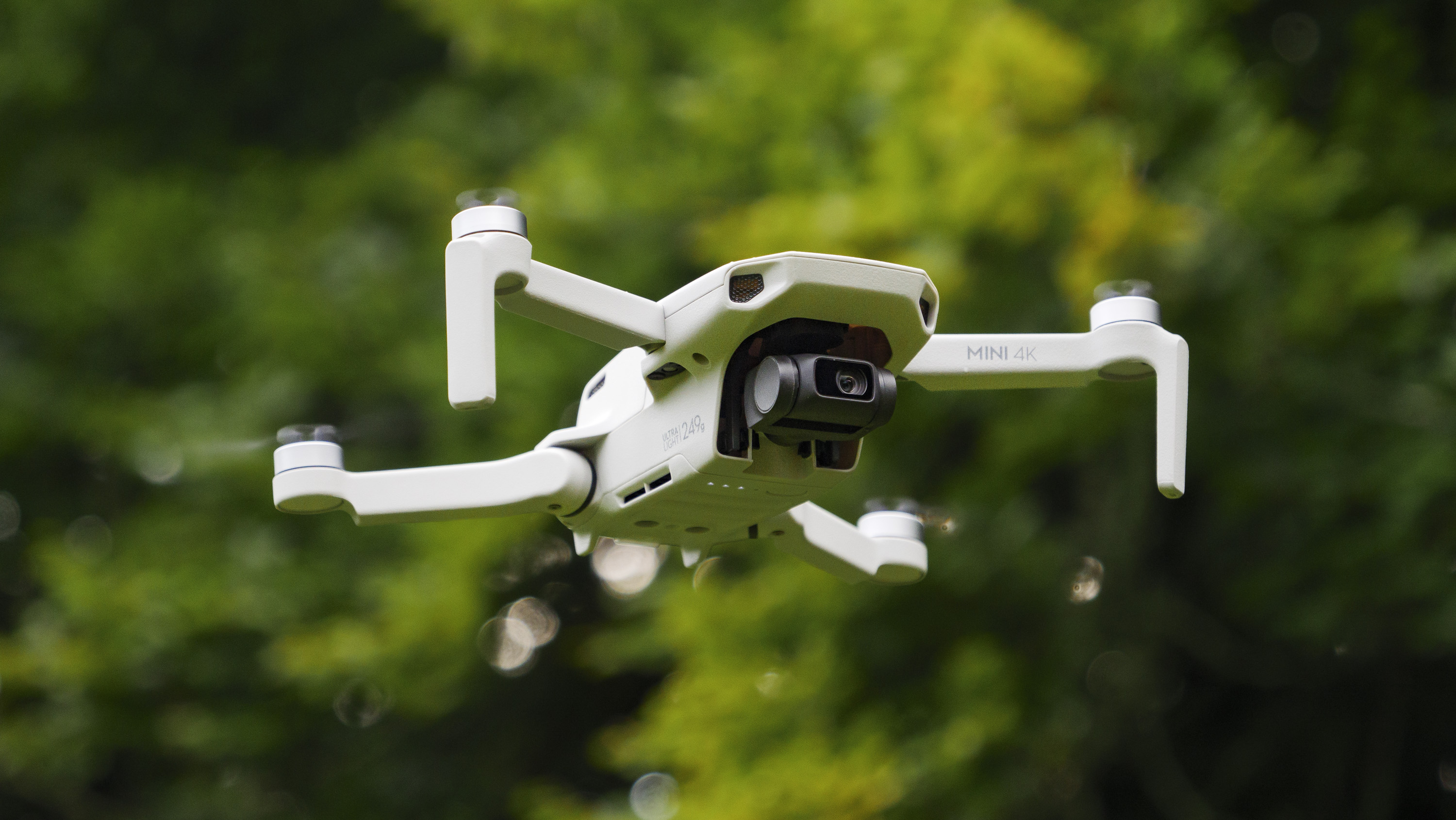
- Drone maker DJI has escaped a US import ban for now
- The company has a year to prove its security or be automatically banned
- DJI protests that Chinese firms are being unfairly singled out
DJI is the world’s largest drone maker, and its products are so good that they occupy seven of the top 10 spots on our list of the best drones money can buy. But that hasn’t stopped it from facing increased scrutiny in the US, and while the company has just narrowly escaped being banned altogether in the United States, things could look very different in a year’s time.
So, what’s happened? Well, the US Senate has just passed the National Defense Authorization Act (NDAA), which allocates defense spending for the year. To DJI’s relief, it did not contain any provisions from the Countering CCP Drones Act, which sought to essentially block imports of all DJI products into the United States.
But DJI isn’t out of the woods yet. The NDAA has started a one-year countdown, during which DJI has to prove that its products are not a national security risk to the United States. If it can’t, all of its devices will be automatically banned in the US, as will those of rival firm Autel Robotics.
DJI must prove its innocence to “an appropriate national security agency” (which has not yet been named). Otherwise, the FCC will add DJI products to its “covered list," which would block DJI devices from running on US networks and prevent the FCC from authorizing their internal radios for use in the United States. It would essentially be an import ban.
Flights grounded

DJI is a Chinese company that has provoked ire and suspicion among US lawmakers. As with many Chinese companies, some in the US are concerned that DJI could have overly close links to the Chinese authorities and that its products could pose a national security threat.
In a blog post, DJI has responded to the allegations by saying it “welcomes the scrutiny and looks forward to the opportunity to demonstrate our privacy controls and security features.” The company also claims that Chinese firms are being unfairly singled out and worries that the US government has not yet assigned an agency to carry out the assessment – if no agency takes charge, DJI will be banned automatically, it believes.
The NDAA has passed both the House of Representatives and the US Senate, meaning it just requires President Biden’s signature. While Biden is almost certain to sign it as it received bipartisan support, it remains to be seen what action – if any – President-elect Trump will take once he assumes office in January. If you’re a fan of DJI drones, you’ll need to watch closely – or start looking for alternative options.







